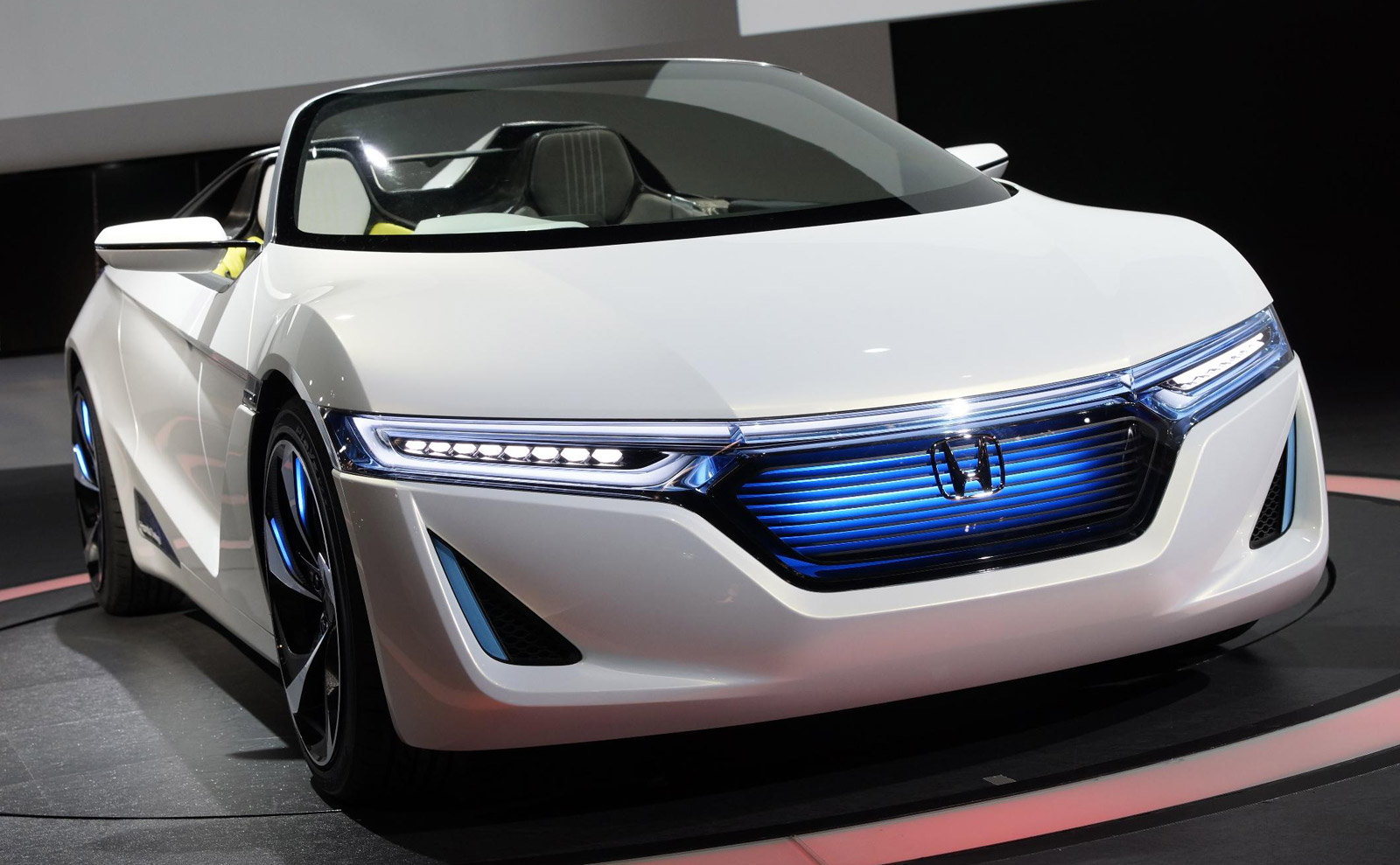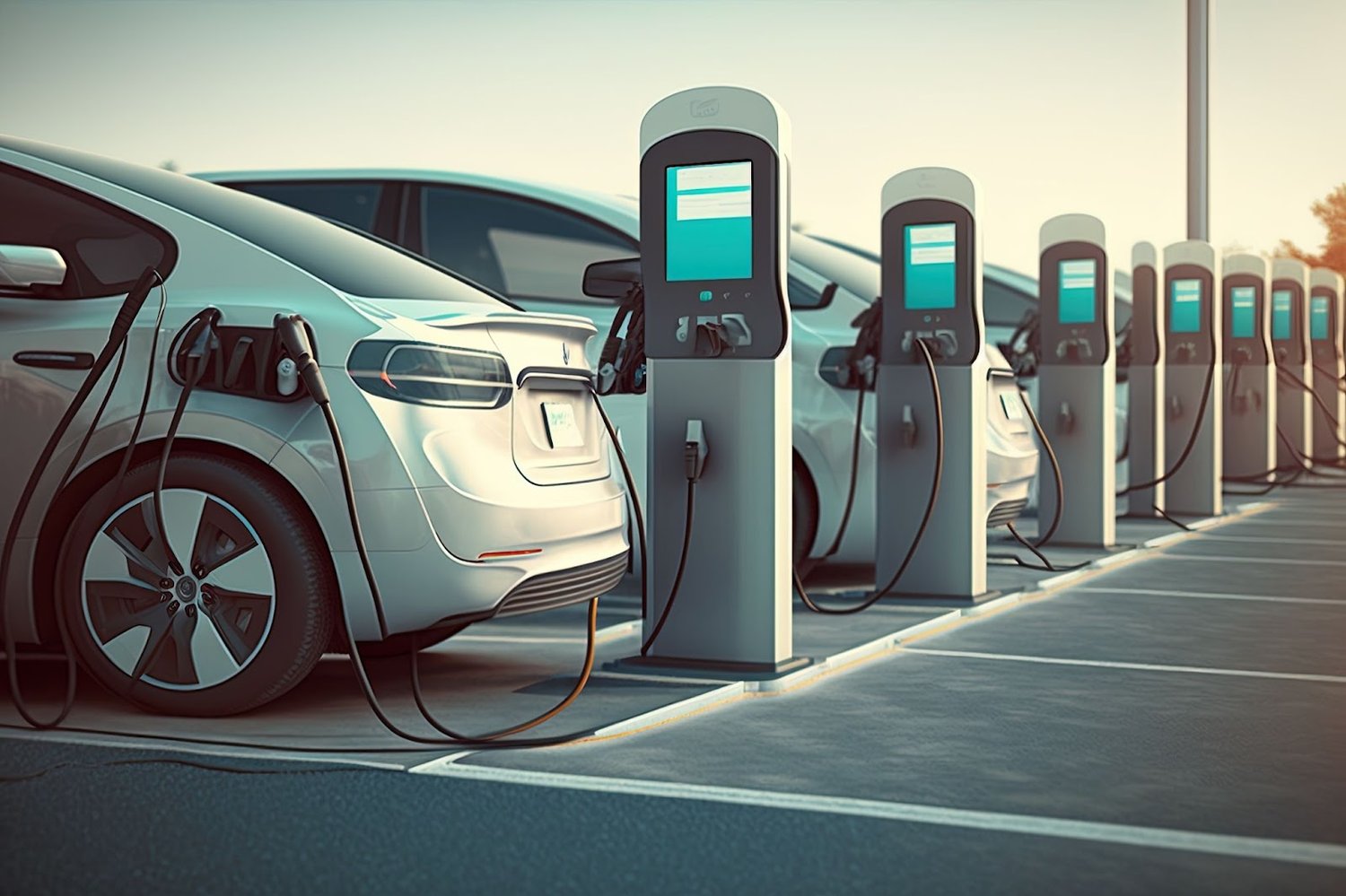The Rise Of Electric Vehicles (EV): A Comprehensive Guide
The electric vehicle (EV) market is rapidly transforming the automotive landscape, with increasing consumer awareness and an urgent need for sustainable transportation solutions. This shift towards electrification is not merely a trend; it's a crucial step towards reducing greenhouse gas emissions and combating climate change. In this article, we will delve deep into the world of electric vehicles, exploring their benefits, challenges, and the future of this innovative technology.
As the global energy landscape evolves, electric vehicles are emerging as a key player in reducing our reliance on fossil fuels. With advancements in battery technology and government incentives, the adoption of EVs is accelerating at an unprecedented rate. This article aims to provide a thorough understanding of electric vehicles, including their environmental impact, economic benefits, and the technological innovations driving this revolution.
From the basics of how EVs operate to the latest developments in the industry, we will cover a wide array of topics that cater to both enthusiasts and potential buyers. Join us as we navigate through the electrifying world of electric vehicles, offering insights and data that showcase the growing importance of this sustainable mode of transport.
- Exploring The Lives And Careers Of Nicola Philippaerts And Jessica Springsteen
- Exploring The Impact Of Documentary About Piddy A Comprehensive Analysis
Table of Contents
- What Are Electric Vehicles?
- Benefits of Electric Vehicles
- Challenges Facing Electric Vehicles
- Types of Electric Vehicles
- How Electric Vehicles Work
- The Future of Electric Vehicles
- Government Incentives for EV Adoption
- Conclusion
What Are Electric Vehicles?
Electric vehicles (EVs) are automobiles that are propelled by electric motors, using energy stored in rechargeable batteries. Unlike traditional internal combustion engine vehicles, which rely on gasoline or diesel, EVs harness electricity to power their engines. This fundamental difference makes them more environmentally friendly and efficient in terms of energy usage.
There are several key components that define electric vehicles:
- Battery: The heart of the EV, storing electrical energy that powers the motor.
- Electric Motor: Converts electrical energy from the battery into mechanical energy to drive the vehicle.
- Charger: A device that replenishes the battery's energy, either at home or at public charging stations.
Benefits of Electric Vehicles
The adoption of electric vehicles brings a plethora of advantages, both for the environment and for consumers:
- Taurus Compatibility Discovering The Best Matches For Taurus
- Cha Eun Woo Military Service Everything You Need To Know
- Environmental Impact: EVs produce zero tailpipe emissions, significantly reducing air pollution and greenhouse gas emissions.
- Cost Savings: Operating an EV is generally cheaper than a gasoline vehicle, with lower fuel and maintenance costs.
- Performance: Electric motors provide instant torque, resulting in quick acceleration and a smooth driving experience.
- Energy Independence: By reducing reliance on fossil fuels, countries can enhance their energy security and promote renewable energy sources.
According to a report by the International Energy Agency (IEA), the number of electric vehicles on the road surpassed 10 million in 2020, demonstrating the growing popularity of this mode of transportation.
Challenges Facing Electric Vehicles
Despite the numerous advantages, the transition to electric vehicles is not without its challenges:
- Charging Infrastructure: The availability of charging stations is still limited in many areas, making long-distance travel difficult.
- Battery Cost: Although prices are decreasing, the cost of EV batteries remains a significant portion of the overall vehicle price.
- Range Anxiety: Many potential buyers worry about the driving range of EVs compared to traditional vehicles.
- Resource Mining: The extraction of materials for batteries, such as lithium and cobalt, raises environmental and ethical concerns.
Types of Electric Vehicles
Electric vehicles can be categorized into several types, each with its unique characteristics:
Battery Electric Vehicles (BEVs)
BEVs are fully electric vehicles that run exclusively on battery power. They produce no tailpipe emissions and are charged via electric outlets or charging stations.
Plug-in Hybrid Electric Vehicles (PHEVs)
PHEVs combine an internal combustion engine with an electric motor, allowing for both electric and gasoline power. They can be charged from an external source and offer greater flexibility in terms of range.
Hybrid Electric Vehicles (HEVs)
HEVs use both an electric motor and a gasoline engine, but they cannot be plugged in to charge. The battery is charged through regenerative braking and the internal combustion engine.
Fuel Cell Electric Vehicles (FCEVs)
FCEVs use hydrogen to generate electricity through a fuel cell, emitting only water vapor as a byproduct. They offer quick refueling times and long ranges, but infrastructure for hydrogen refueling is still limited.
How Electric Vehicles Work
Understanding how electric vehicles operate involves a few key processes:
- Energy Storage: Electricity is stored in the vehicle's battery, which is charged from an external power source.
- Power Conversion: The electric motor converts electrical energy into mechanical energy, propelling the vehicle.
- Regenerative Braking: This technology allows the vehicle to recover energy during braking, recharging the battery in the process.
The efficiency of electric vehicles is significantly higher than that of internal combustion engines, which lose a substantial amount of energy as heat. EVs convert over 60% of electrical energy from the grid to power at the wheels, compared to only about 20% for gasoline vehicles.
The Future of Electric Vehicles
The future of electric vehicles looks promising, with several trends shaping the industry:
- Advancements in Battery Technology: Research is ongoing to develop batteries that are cheaper, lighter, and have greater energy density.
- Widespread Charging Infrastructure: Governments and private companies are investing in charging stations to make EVs more accessible.
- Increased Model Availability: Automakers are expanding their EV offerings, providing consumers with more choices in the market.
- Integration with Smart Technology: Future EVs will likely incorporate autonomous driving features and connectivity with smart grids.
Government Incentives for EV Adoption
To encourage the transition to electric vehicles, many governments offer incentives such as tax credits, rebates, and grants. These incentives aim to reduce the initial cost of purchasing an EV and promote sustainable transportation. For example:
- Tax Credits: Many countries offer tax deductions for EV purchases, significantly lowering the overall cost.
- Rebates: Cash rebates are available in various regions for buyers of new electric vehicles.
- Free Charging Stations: Some governments provide free charging stations in public areas to facilitate EV adoption.
Conclusion
In conclusion, electric vehicles represent a transformative shift in the automotive industry, offering numerous benefits for the environment and consumers alike. While challenges remain, the ongoing advancements in technology and infrastructure are paving the way for a sustainable future. As we move towards a greener planet, embracing electric vehicles is not just an option but a necessity.
We encourage you to share your thoughts on electric vehicles in the comments below, and if you found this article informative, please consider sharing it with others. Stay tuned for more articles on sustainable transportation and the latest developments in the EV industry!
Thank you for reading, and we hope to see you back here for more insights and information on electric vehicles and green technology.
- In Kannada 2024 A Comprehensive Guide To The Language And Its Cultural Significance
- Lance Barber Weight Loss The Inspiring Journey Of Transformation

Honda EVSTER Electric Concept Car Could Make It To Production

2024 Chevrolet Blazer EV vs. Equinox EV What Are the Differences

6 Key Places for Commercial EV Charging Stations — EV Connect